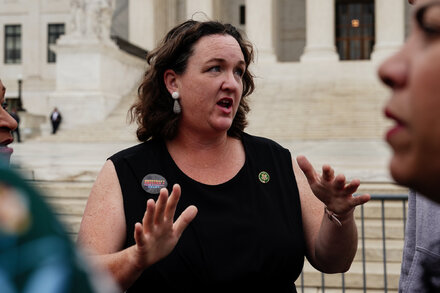A coalition of former National Park superintendents is urging the full closure of national parks in the event of a government shutdown, advocating for a complete shutdown of operations rather than the partial closures seen in previous federal funding lapses.
The plea, issued ahead of potential appropriations deadlines, stems from concerns over visitor safety, resource degradation, and the well-being of park staff when parks are left open with severely reduced personnel. Past government shutdowns, particularly in 2013 and 2018-2019, saw many parks remain accessible but largely unstaffed, leading to a host of problems.
The Rationale for Full Closure
During previous shutdowns, national parks experienced significant challenges. With law enforcement rangers, maintenance crews, and interpretive staff furloughed, critical services were unavailable. This led to increased incidents of vandalism, overflowing trash receptacles, damage to sensitive ecosystems, and heightened safety risks for visitors navigating unmanaged areas.
“Keeping national parks open during a government shutdown with a skeleton crew or no staff is not only irresponsible but dangerous,” stated one former superintendent, reflecting the group’s collective concern. “It puts visitors at risk, allows for irreversible damage to our most precious natural and cultural sites, and places an unfair burden on the few employees deemed essential.”
The former superintendents emphasize that a controlled, temporary closure allows for an orderly shutdown, minimizing potential harm and ensuring a safer reopening once funding is restored. They argue that the perceived benefit of keeping gates open is far outweighed by the costs associated with unmanaged access and the long-term impacts on park infrastructure and natural resources.
Their recommendation aligns with calls from various environmental and public lands advocacy groups who have long argued against the policy of maintaining access to parks without the necessary personnel and resources to manage them properly. They advocate for clear communication to the public regarding closures and the importance of respecting federal lands during such periods.
Source: Read the original article here.





